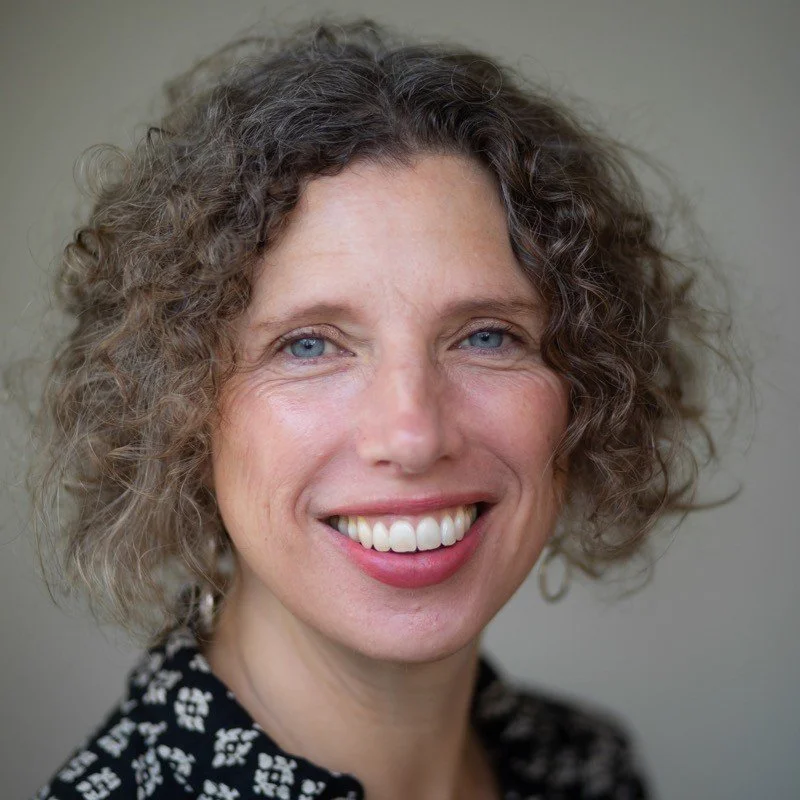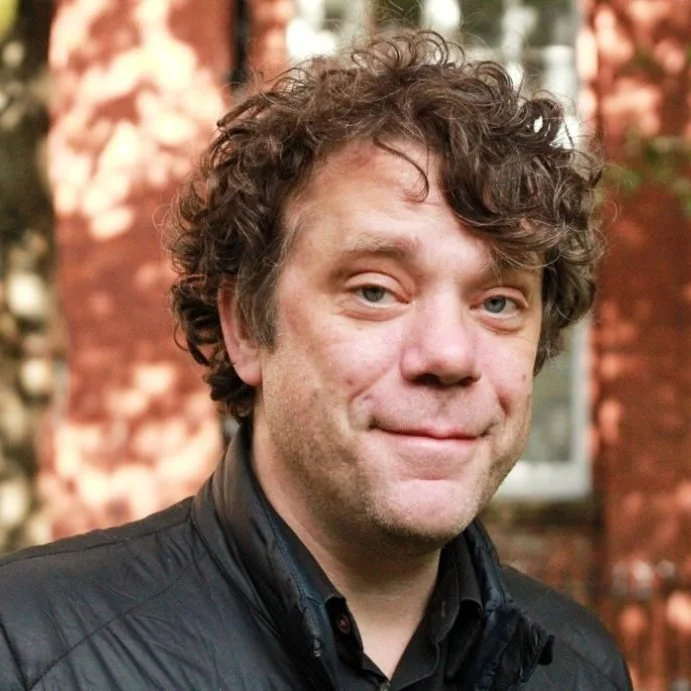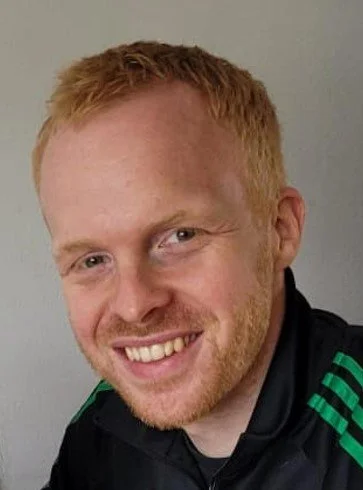a f t e r n o o n
w o r k s h o p f o u r
GOING FOR GOLD
Weaving networks of hope to influence systems
How does practice insist on exceptional over good, believing that change is possible and taking a hopeful, appreciative, problem-solving approach to open up spaces of possibility, for families and deeper systems change? How does practice avoid fatalistic or unaspirational narratives, a sense of things being fixed or stuck without a sense of agency or responsibility to change it and too much reverence to existing ideas and ways of doing things?
-
Dr Carlene Firmin is an academic, author, and activist dedicated to social justice and equality. She is best known for creating Contextual Safeguarding, a framework that addresses the risks young people face beyond their homes, in peer groups, schools, and public spaces.
A Professor of Sociology at Durham University, Carlene has led transformative research and policy work on extra-familial harm, with her framework now influencing practice across the UK and internationally. Before academia, she spent over a decade working in voluntary and statutory agencies, focusing on community and group-based violence affecting young people.
Carlene is a Global Ashoka Fellow, Fellow of the Higher Education Academy, and Associate Editor of Child Abuse Review. Widely published, she has authored four books and over 50 academic works. In 2011, she became the youngest Black woman to receive an MBE.
-
Dr Shona Minson is a member of the Women’s Justice Board for England and Wales, a Research Associate at the Centre for Criminology at the University of Oxford, and a BBC/AHRC New Generation Thinker.
Originally from Belfast, Shona studied Law at St Anne’s College, Oxford, before being called to the Bar of England and Wales. Her experience practising criminal and family law at 1 King’s Bench Walk led to her research focus on sentencing, maternal imprisonment, and the rights of children whose parents are in conflict with the law.
Her work has influenced policy and judicial practice in the UK and internationally, including through her book Maternal Sentencing and the Rights of the Child and the film series Safeguarding Children when Sentencing Mothers. She regularly trains judges and legal professionals and engages with the public through media and BBC broadcasts. Shona’s research has been recognised with the ESRC Outstanding Early Career Impact Prize and other national awards.
-
Tom Lang is Head of Service for Manchester Youth Justice Service and the Association of Youth Justice (AYM) Regional Representative for the North West.
With over 17 years’ experience in Manchester Youth Justice, Tom leads a relationship-focused, trauma-responsive service supporting vulnerable children and families, while prioritising public protection and victim support. He has driven work on tackling child criminal exploitation and serious violence, collaborated on research into serious violence and ACEs, and helped embed the co-designed Participatory Youth Practice framework across Greater Manchester.
-
Kate is a youth justice specialist barrister and mediator at Garden Court Chambers, with a background in criminal defence and public law. She co-authored Youth Justice Law and Practice (LAG, 2019) and is widely recognised for her expertise, regularly lecturing and delivering training. Kate chairs the Ministry of Justice’s Working Group on Youth Advocacy and advises across the sector, working closely with the Law Society, Criminal Bar Association, and Inns of Court College of Advocacy to strengthen specialist skills for representing children. Highly commended in ECPAT UK’s Children’s Champion Awards for her work with child victims of trafficking, she also specialises in children’s rights and SEND. Kate is the author of Making Mediation Work For You (LAG, 2012) and a member of Garden Court’s Mediation Team.
-
Dr Roberta Evans studied social work in New Zealand and moved to London over 20 years ago, continuing her career as a youth justice practitioner. She completed her doctorate in Youth Justice at Bedfordshire University, researching parenting and crime prevention pathways. Her research and practice evolved into wider adolescent resilience and safeguarding, recognising the cumulative impact of political and contextual factors for children in the youth justice system. She created the tightrope, which is a direct work tool for exploring the concepts of risk and resilience with children, parents and professionals. Roberta is currently the Associate Director for Family and Adolescents at Achieving for Children, Kingston and Richmond. Following the successful delivery of a SHIFT practice in the service in 2021/22, Roberta co-authored a chapter with the lead researcher, Dr Kirstine Szifris exploring relationship-based practice within statutory practice. In 2025, in partnership with SHIFT UK, she and the management team of the Specialis Adolescent Service have reintroduced the SHIFT Practice with the team consisting of social workers delivering both the statutory tasks of social work and the relationship-based child-first interventions that have the most positive impact for children within complex trauma journeys, seeking to challenge the negative stereotype that social workers can't take the difficult decisions and have trusting relationships.
-
Luke Billingham is a youth worker at Hackney Quest, an independent charity in North East London, and an academic researcher at the Open University. At Hackney Quest, he focuses on supporting young people facing complex challenges, particularly around education, and collaborates with them on community projects to improve the Hackney Wick area. At the Open University, Luke’s research centres on violence reduction policymaking. He is co-author of Against Youth Violence (2022), which reframes violence between young people in Britain, and has published widely on topics including violence, school exclusions, and social infrastructure for young people.






